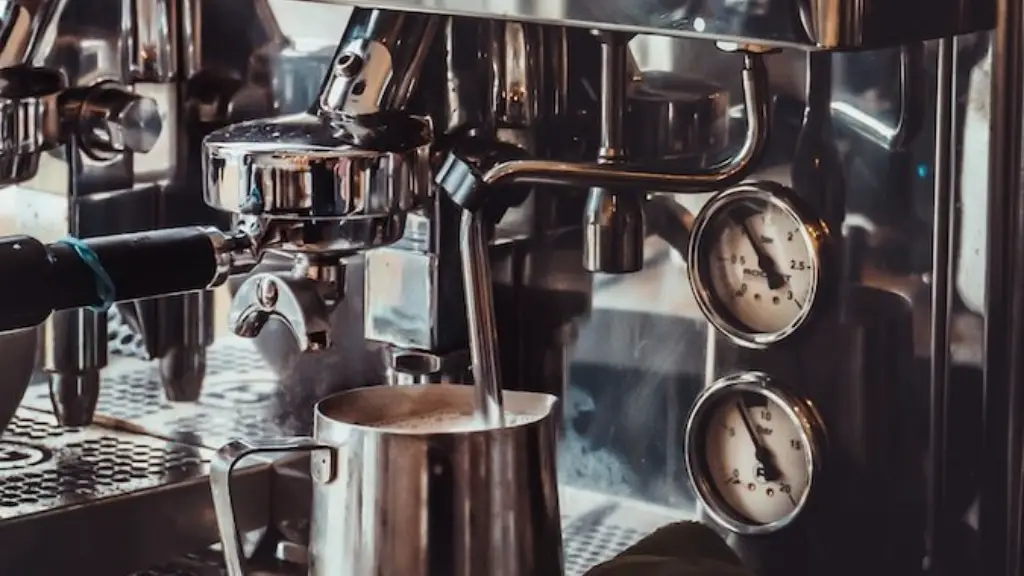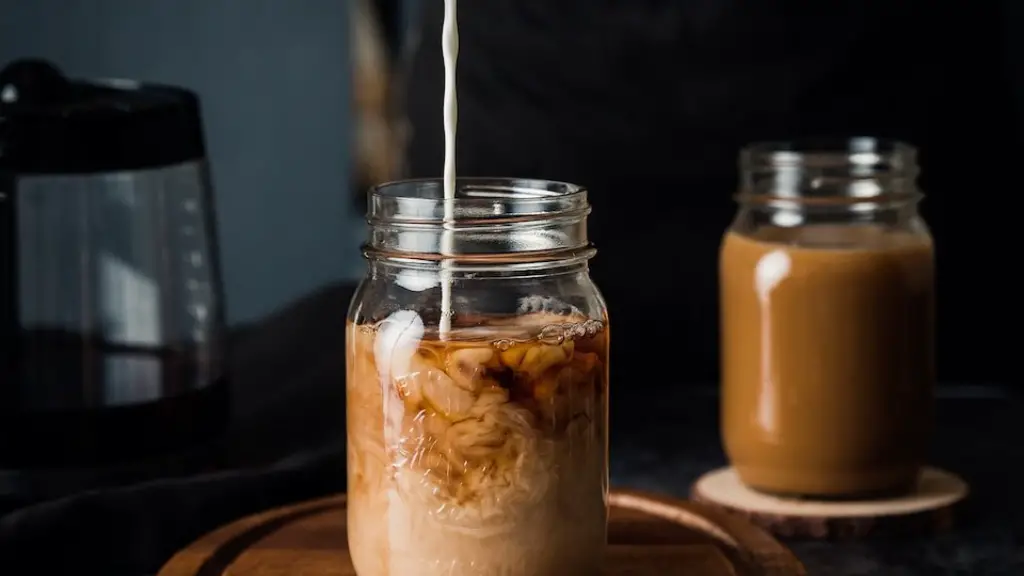In the days following a tonsillectomy, a few specific foods – and drinks – are off-limits. Of course, you know by now that alcohol and carbonated drinks should be avoided, but what about coffee? Generally speaking, drinking caffeine after a tonsillectomy is discouraged. Yet, that doesn’t mean it’s necessarily bad for you – there are actually a few aspects of coffee that you can benefit from after the procedure.
Pain medication is a critical aspect of the tonsillectomy recovery process. But, it isn’t always enough – depending on how the surgery went, you may need pain killers to manage your throat pain and discomfort. As it turns out, coffee can help with this. Caffeine is known to have analgesic properties, meaning that it provides relief from pain. So, a few cups of caffeinated coffee can help you with the pain.
In addition to that, coffee also contains some antioxidants. These are crucial for the recovery process and can help your body fight off inflammation caused by the surgery. And, coffee also has cortisol-reducing properties, which can be quite helpful after tonsillectomy surgery. By lowering your cortisol levels, it helps your body fight off pain, stress and fatigue, which can cause a lot of discomfort.
With all these benefits, it’s easy to forget that coffee still contains caffeine and is, therefore, not ideal for tonsillectomy recovery. Of course, caffeine does have benefits, such as providing you with an energy boost. But, too much caffeine can also cause your body to become dehydrated, which isn’t ideal during the recovery process. So, it’s important to be mindful of your intake and regulate it accordingly.
In addition to that, coffee also contains some acidity. This can be problematic if you have already developed an infection, which can cause further irritation to your throat after the surgery. Therefore, it’s important to be aware of your body and seek medical advice if you feel like something is wrong.
Ultimately, although the benefits of coffee can be quite helpful for the tonsillectomy recovery process, it’s important to be mindful of how much you’re drinking, and what kind of coffee you’re drinking. Drinks that are high in caffeine, acidic or even sweetened should be avoided, as they can further irritate your throat. Instead, opt for decaffeinated, low-acid coffee and try to drink it in moderation.
Benefits of Coffee in Recovery
Coffee can provide a few benefits to those recovering from tonsillectomy surgery. One of the most notable benefits is pain relief. Caffeine has natural pain-killing properties, which makes it a great way to manage pain after tonsillectomy. That said, it’s important to drink in moderation and opt for decaffeinated varieties, as coffee also contains some acidity which can cause further irritation.
Another benefit of coffee is its antioxidant content. Antioxidants are key for recovery, as they help the body to fight off inflammation and other issues caused by the surgery. Seeing as some of the pain and discomfort experienced after tonsillectomy is due to inflammation, this can be a great way to manage the pain.
Finally, coffee also helps with cortisol levels. Cortisol is a hormone released by the body when it’s under stress, which can lead to an increase in pain and discomfort. By lowering cortisol levels, coffee can help your body to manage the pain caused by the surgery.
Side Effect of Coffee
However, it’s important to remember that coffee also carries a few risks. With too much caffeine, the body can become dehydrated, which should be avoided after a tonsillectomy. Therefore, it’s important to regulate your intake, as dehydration can cause a number of problems, from headaches to fatigue.
In addition to that, coffee also contains a considerable amount of acidity. This can cause further irritation to the throat, especially if there is already an infection present. Therefore, it’s important to be aware of your body and consult your doctor if you feel like something is wrong.
Finally, coffee can also interfere with your sleep. Seeing as good-quality sleep is essential for the recovery process, you should avoid drinking coffee too late in the day, as this can cause fatigue and other issues, hindering your recovery.
Alternatives to Coffee
If you’re looking for alternatives to coffee to help with the recovery process, there are plenty of options. Decaffeinated tea is one of the best options, as it still provides the same benefits without the caffeine. Green tea is especially beneficial, as it is rich in antioxidants, which can help your body with the recovery process.
In addition to that, herbal teas are also quite beneficial. Chamomile tea has natural anti-inflammatory properties, which can help to reduce swelling and pain in the throat area. And, ginger tea is another great option, as it helps to reduce pain and inflammation.
Drinking plain water is also an ideal way to stay hydrated and helps to reduce inflammation caused by the surgery. Make sure that you’re drinking plenty of water throughout the day and keep it at room temperature. This will help to soothe the irritation and pain caused by the surgery.
Finally, there are also other beverage options out there. Coconut water is a great option as it provides the body with a good dose of electrolytes, which can help to keep you hydrated and regulate your bodily functions. Plus, it also contains natural enzymes, vitamins and minerals, which are ideal for the recovery process.
Conclusion
While drinking coffee after a tonsillectomy is typically discouraged, it is not necessarily bad for you. A few cups of decaffeinated, low-acid coffee can actually be beneficial for the recovery process, providing pain relief, reducing cortisol levels and providing your body with some antioxidants. However, it’s important to be aware of the risks associated with coffee, such as its acidity and dehydration, and regulate your intake accordingly. If you are looking for alternatives to coffee, there are plenty of options out there, from herbal teas to coconut water. Ultimately, it’s best to speak to your doctor to get a better understanding of what’s best for your body.




